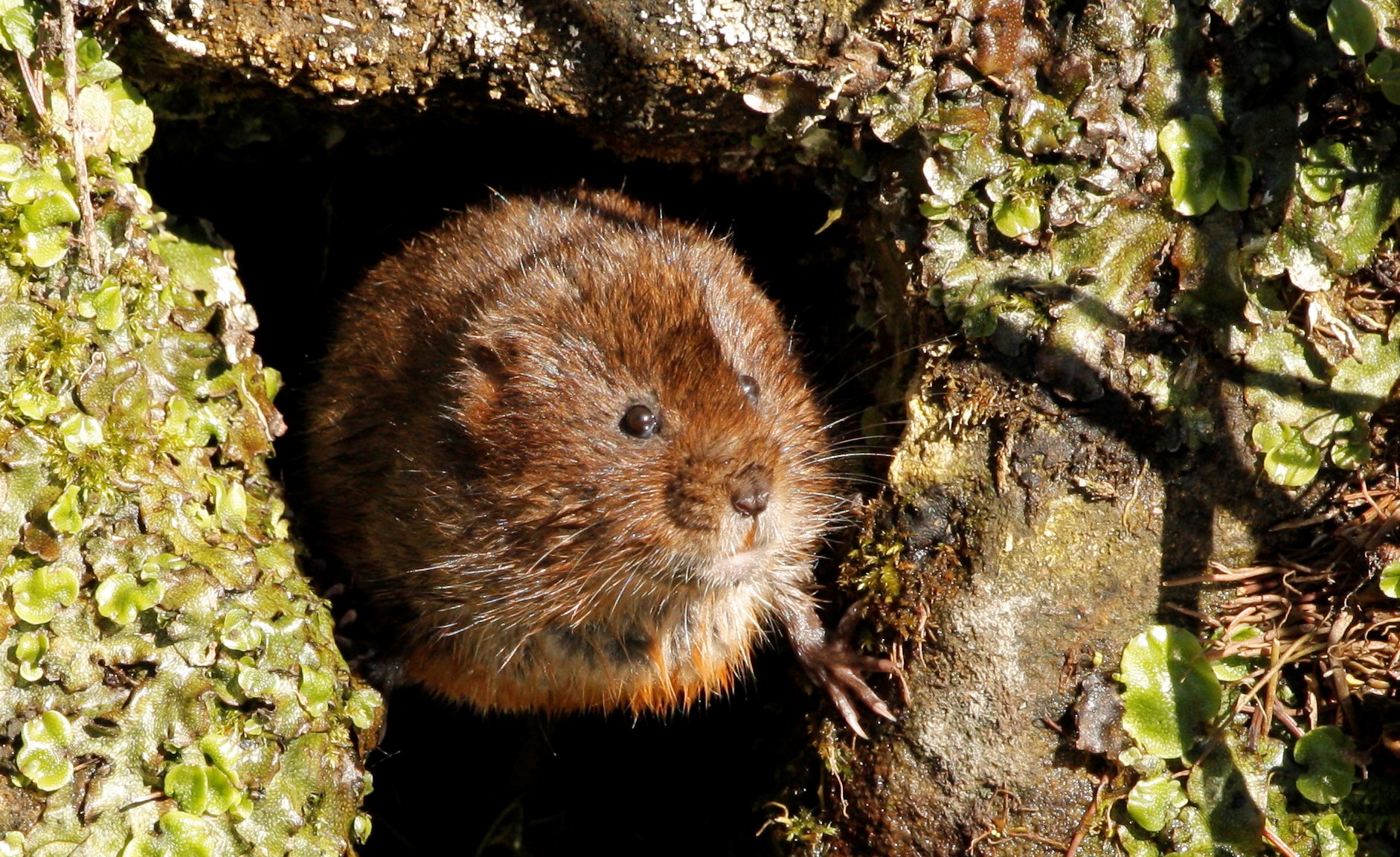New amendment to the Wildlife and Countryside Act 1981 allows licences to be granted for development purposes
October 2022
Until now, species receiving protection under domestic legislation i.e. those species not listed under the Habitats Regulations, have not been eligible for licensing to enable development works. Accordingly, there has been no mechanism to facilitate development where such species are present. In recent years, a work around has been in place where Natural England would consider the grant of a ‘conservation licence’ to facilitate works when a clear conservation gain could be demonstrated. However, this was of course an unsatisfactory position, as the provision in the legislation to grant ‘conservation licences’ was never intended to be used to enable development.
This has now been resolved as provisions in the Environment Act 2021, under its section 111, have come into effect which serve to amend the Wildlife and Countryside Act 1981, enabling licences to be granted for a new statutory licensing purpose i.e. reasons of overriding public interest. These amendments to s16(3) of the Wildlife and Countryside Act will also require that a wild animal licence may only be granted in England where:
- there is no other satisfactory solution, and
- the grant of the licence is not detrimental to the survival of any population of the species of animal or plant to which the licence relates.
This is welcome news and should enable development works to proceed more smoothly in future. The key domestically protected species most frequently encountered, which this amendment will be relevant to, is Water Vole. For more detail on this species and relevant mitigation, please download our species specific Developer Guide here.
Lastly, it is worth mentioning that other provisions under the Environment Act have also now been enabled including the ability to utilise Conservation Covenants. These will be a valuable additional legal option to secure the future management of land e.g. to fulfil biodiversity net gain requirements.
Follow Aspect Ecology on LinkedIn for all our latest news LinkedIn Page


